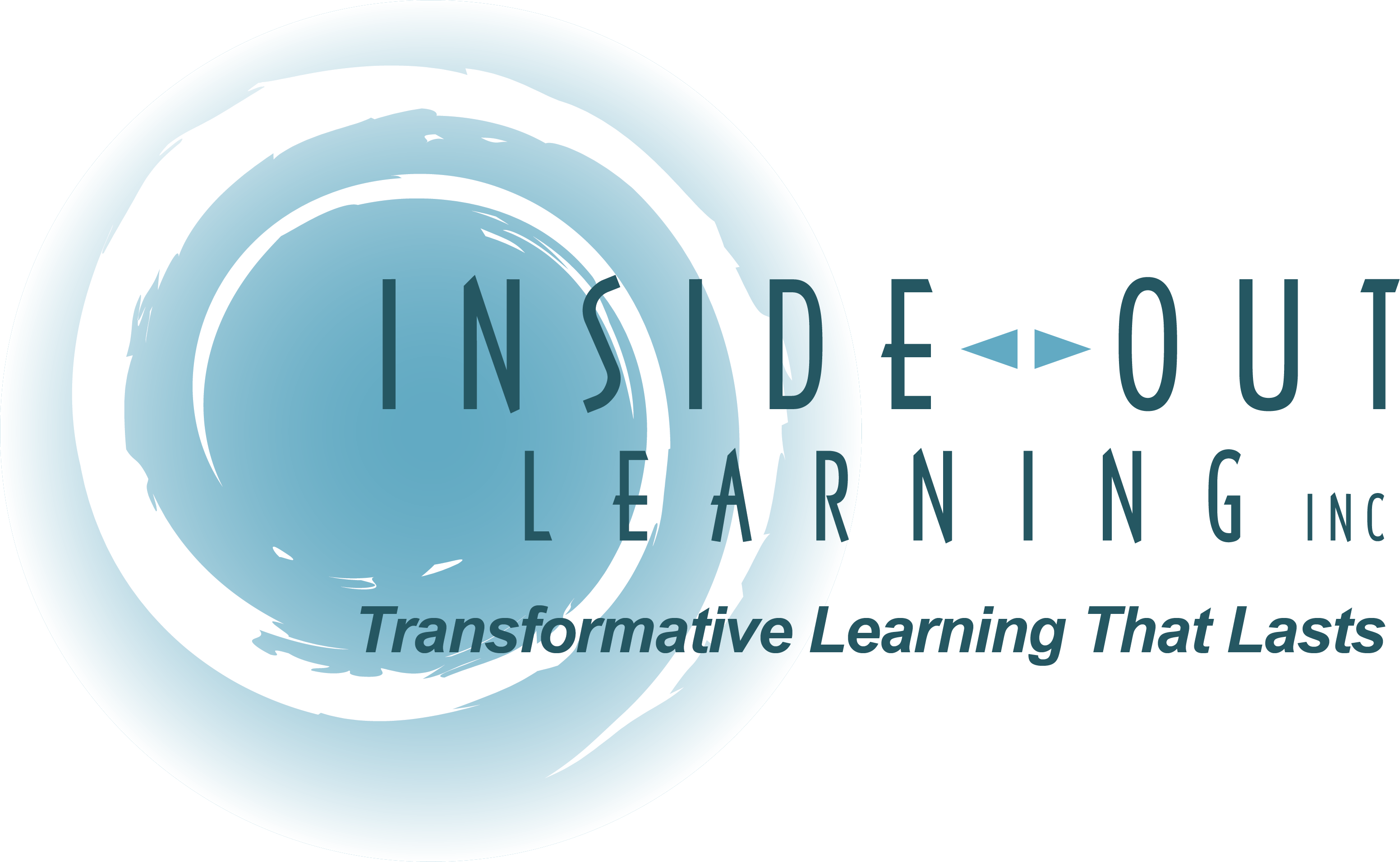Every Leader Should Work on 3 Things to Create Influence and Impact
*Forwarded from Feedly*
Every Leader Should Work on 3 Things to Create Influence and Impact
Chattanooga is one of the many American cities with unpredictable weather patterns. The summers are hot and muggy, the winters are short but cold and wet, and the spring and fall are, well, you just never know.
For those of us who live in Chattanooga, it’s perfect. Well, maybe not perfect, but it’s home and we learn to adapt to the changes in the climate because the weather is one of the many things in life we can’t control.
In his recently released book, Transfluence: How to Lead with Transformative Influence in Today’s Climates of Change, former CEO Walt Rakowich draws an interesting analogy between the climates that create the weather and the climates that impact leadership.
And while leaders can’t control the climates of modern leadership – which he sums up as access, diversity, and acceleration – Rakowich says we can develop strong microclimates that prepare us to have a “transformative influence” whether its sunny and in the 70s or a blizzard that is blowing in.
A microclimate is an area within a climate that’s different from its larger surroundings. Rakowich, who led the global real estate firm Prologis through a turnaround during the great recession, says a toxic microclimate in a leader is marked by fear and pride. But leaders can build a healthy microclimate that generates trust with those they lead by developing themselves in three areas.
1. Look outside of your storms
If we focus too much attention on the fears and pride that live within us, it gives those storms permission to influence our decisions, and that seldom ends well. An outward focus gives you context, reminds you of your purpose, and allows you to selflessly serve those you are leading with confidence.
“If we’re focused inwardly on our pride and fear, our decisions about access, acceleration, and diversity become self-serving,” Rakowich writes. “Technology becomes a tool we use to access information for our own purposes. We see the speed of change and diverse opinions as enemies–threats to our positions of power and our paths to success. We become preoccupied with what we want and the things we think we need to protect us or to advance our personal agendas.”
By focusing outward, access to information and diverse opinions drive collaboration and meaningful change. Social media inspires and equips. Technology isn’t a threat to job security, but a tool that helps people in their work and to lead more fulfilling lives.
2. Embrace transparency
Transparency is an undeniable reality of the modern, open-access business world. But it’s also part of the solution to developing a microclimate that results in trust. We live in glass houses, Rakowich says, and taking an active approach to transparency prevents us from hiding behind our pride and suppressing our fears.
“When we open ourselves up to others,” Rakowich writes, “it provides a balance to our personal biases, experiences, and beliefs. It lets in objectivity and outside points of view.”
His model for developing this type of transparency begins by using development tools and other processes to create a baseline of self-awareness, exploring difficult issues with mentors, and establishing a mindset of self-confidence that’s based on non-negotiables that guide your decisions. Rakowich said the non-negotiables that guided him through the recession and still guide him today are to be (1.) a person of excellence, (2.) a person of integrity, and (3.) a person who is accountable to those around him.
3. Build influence through authenticity
Building off a similar model he learned during a phone call with former Morgan Stanley CEO John Mack, Rakowich developed what he calls his “3H-Core” for living values through actions.
The H’s stand for honesty, humility, and heart. Humility shapes how leaders see themselves. Heart shapes how leaders see others. And honesty shapes how leaders connect themselves with others. These authentic actions are independent but work together simultaneously.
“These three values are what I hope people see when I transparently open a window into my soul,” Rakowich said, “and I believe they provide a stabilizing aspect to any leader’s microclimate that will equip them for a life of transfluence.”
When you look outside your storms, embrace transparency, and lead with humility, honesty, and heart, according to Rakowich, you develop a strong microclimate that positions you to earn trust in a diverse, highly accessible and fast-paced world. And without trust, leaders don’t last long in the storms.
via Inc.com “https://www.inc.com/”
November 4, 2020 at 02:44AM
